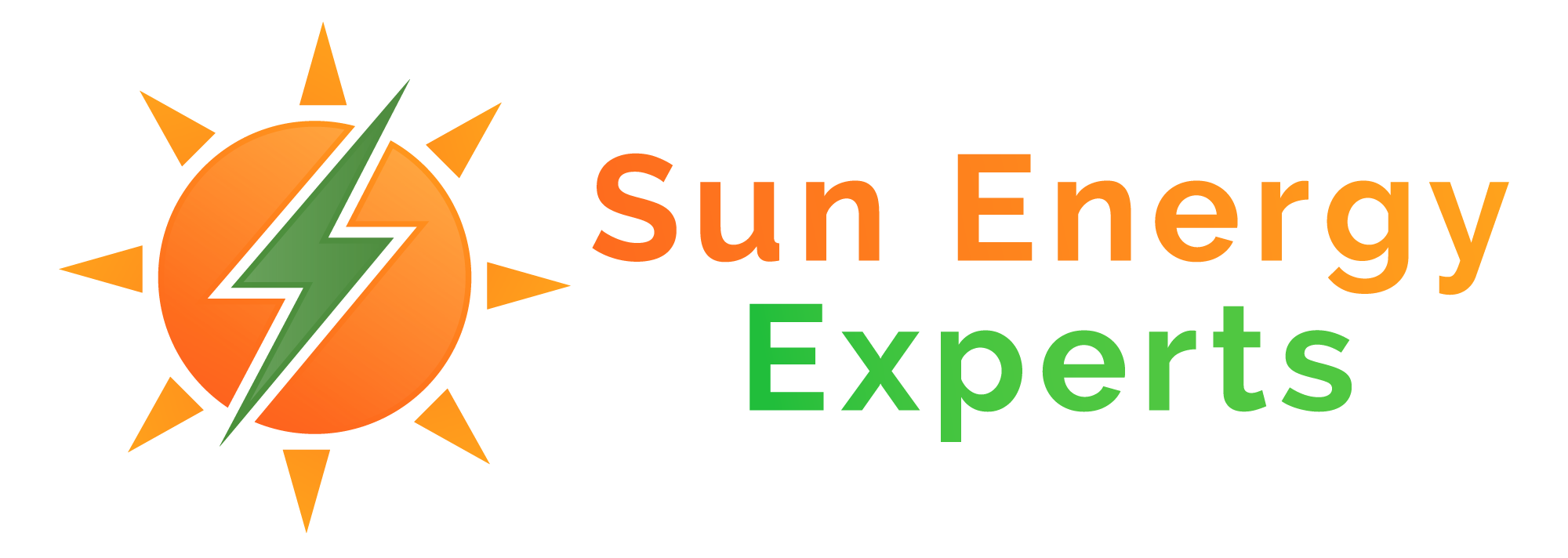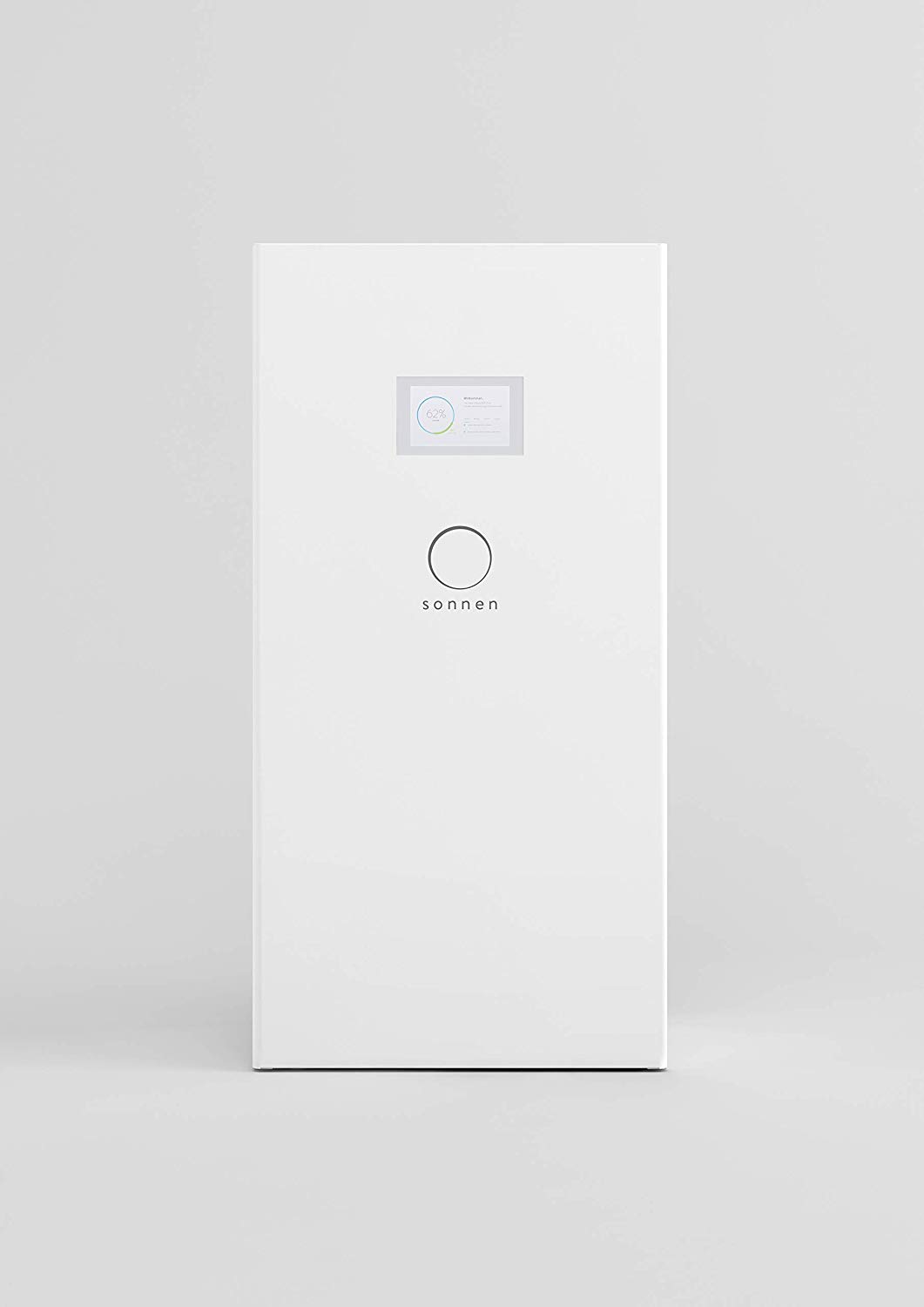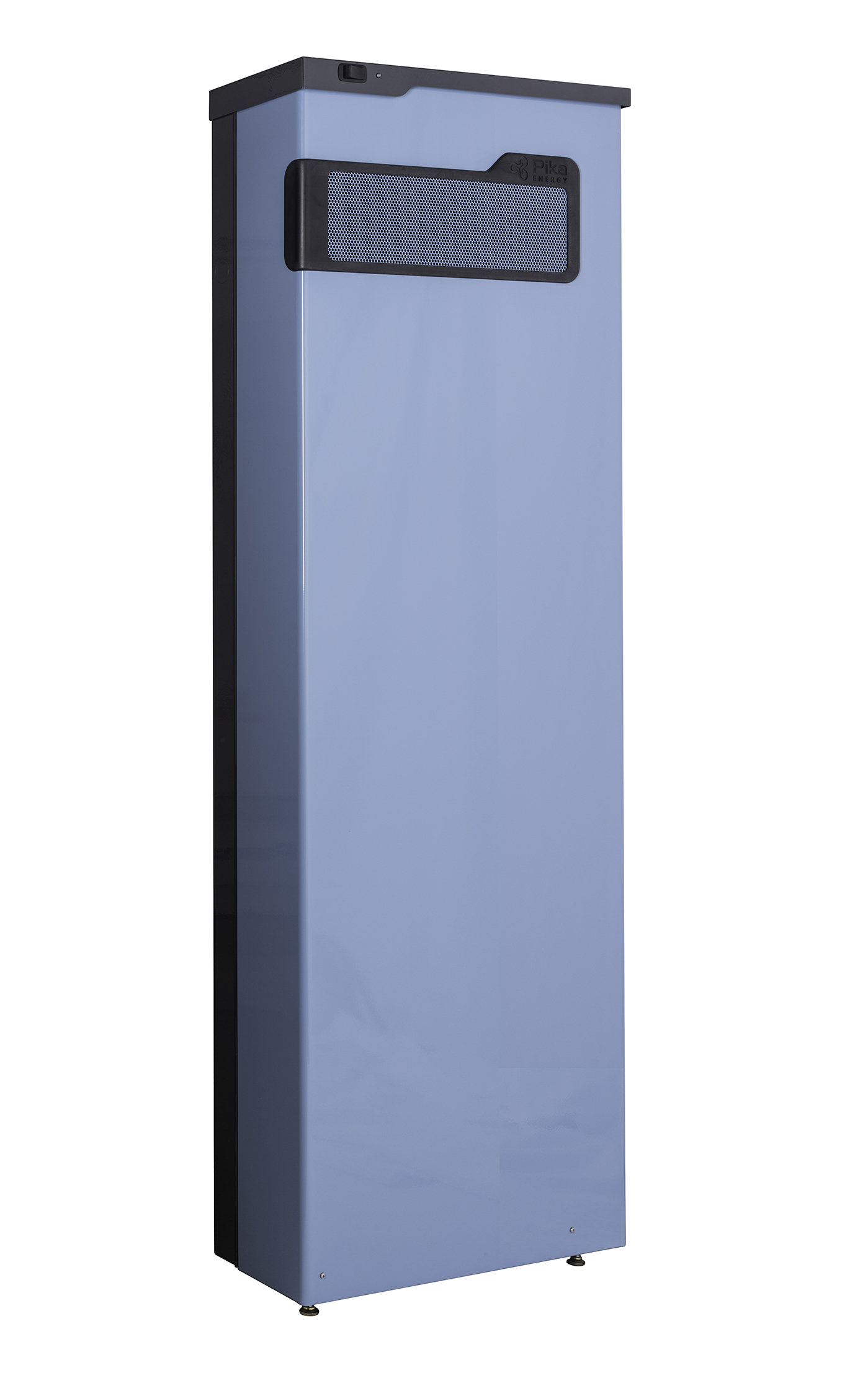HOME BATTERY STORAGE
Home energy storage is a relatively new technology that’s steadily gained interest over the past few years, and it’s hard to know where to start when comparing all your options. Top solar batteries like those made by Tesla and Sonnen make it possible for homeowners and businesses to store their excess solar energy instead of sending it back to the grid, so that when the power goes out or electricity rates spike they can keep the lights on
An overview of solar batteries
When you install battery storage along with your solar panel system, you can store excess solar electricity produced by your panels for use later on when the sun goes down, when your panels aren’t producing power.
Solar batteries provide many benefits for property owners, including increased savings and disaster resiliency. If your electric utility uses a time-of-use (TOU) rate structure or demand charges, having solar battery backup can save you money on your electric bill. Additionally, in areas without a true one-to-one net metering policy, solar batteries will also save money on your bill.
What are the best batteries for solar?
Batteries used in home energy storage typically are made with one of three chemical compositions: lead acid, lithium ion, and saltwater. In most cases, lithium ion batteries are the best option for a solar panel system, though other battery types can be more affordable.
What are the best batteries for solar?
Batteries used in home energy storage typically are made with one of three chemical compositions: lead acid, lithium ion, and saltwater. In most cases, lithium ion batteries are the best option for a solar panel system, though other battery types can be more affordable.
What kinds of batteries are available for homeowners?
When we talk about modern “home energy storage,” we’re talking about the raft of newer technologies that are specifically designed to make home energy storage easy, smart, and relatively unobtrusive.
Lead acid batteries are a tested technology that has been used in off-grid energy systems for decades. While they have a relatively short life and lower DoD than other battery types, they are also one of the least expensive options currently on the market in the home energy storage sector. For homeowners who want to go off the grid and need to install lots of energy storage, lead acid can be a good option.
The majority of new home energy storage technologies, such as the , use some form of lithium ion chemical composition. Lithium ion batteries are lighter and more compact than lead acid batteries. They also have a higher DoD and longer lifespan when compared to lead acid batteries. However, lithium ion batteries are more expensive than their lead acid counterparts.
A newcomer in the home energy storage industry is the saltwater battery. Unlike other home energy storage options, saltwater batteries don’t contain heavy metals, relying instead on saltwater electrolytes. While batteries that use heavy metals, including lead acid and lithium ion batteries, need to be disposed of with special processes, a saltwater battery can be easily recycled. However, as a new technology, saltwater batteries are relatively untested, and the one company that makes solar batteries for home use (Aquion) filed for bankruptcy in 2017. They have since emerged, but may not re-enter the residential market.
Tesla Powerwall
The Tesla Powerwall is an energy storage industry leader for a few reasons. First and foremost, the Powerwall is the battery that brought energy storage into the mainstream for many homeowners. Tesla, already well known for its innovative electric cars, announced the first-generation Powerwall in 2015, and overhauled the “Powerwall 2.0” in 2016. The Powerwall is a lithium ion battery with a similar chemistry to the batteries used in Tesla vehicles. It is designed for integration with a solar panel system, but can also be used solely for home backup power.
The Powerwall comes with a 10-year warranty that assumes your battery is used for daily charging and draining. As part of their warranty, Tesla offers a minimum guaranteed capacity. They ensure that the Powerwall will sustain at least 70 percent of its capacity over the course of its warranty period.
Sonnen eco
The Sonnen eco is a 4 kWh+ home battery manufactured by sonnenBatterie, an energy storage company based in Germany. The eco is a lithium ferrous phosphate battery that is designed for integration with a solar panel system. It also comes with an integrated inverter. One of the main ways that Sonnen distinguishes the eco from other solar batteries on the market is through its self-learning software, which can help homes with solar panel systems connected to the grid increase their solar self-consumption and manage time-of-use electricity rates.
Like Tesla, Sonnen also offers a minimum guaranteed capacity. They ensure that the eco will maintain at least 70 percent of its storage capacity for its first 10 years.
LG Chem RESU
Another major player in the worldwide energy storage market is leading electronics manufacturer LG, based in South Korea. Their RESU battery is one of the more popular options for solar-plus-storage systems in Australia and Europe.
The RESU is a lithium ion battery and comes in various sizes, with usable capacities ranging from 2.9 kWh to 12.4 kWh. The only battery option currently sold in the U.S. is RESU10H, which has a usable capacity of 9.3 kWh. It comes with a 10-year warranty that offers a minimum guaranteed capacity of 60 percent.
Harbor Smart Battery
The Harbor Smart Battery comes from Pika Energy, an inverter manufacturer that has recently entered the energy storage space. Unlike some other home batteries, the Harbor Smart Battery is specifically intended to be installed alongside a solar panel system and can be used for both on-site consumption of stored solar energy and grid services like demand response.
The Harbor Smart Battery uses a Panasonic-manufactured lithium ion battery cells and comes paired with a Pika Energy Island inverter, which can be used for both on-grid and off-grid home energy storage. Pika offers two different sizes for the Harbor Smart battery: 11.4 kWh or 17.1 kWh of usable capacity. The Harbor is backed by a 10 year Panasonic warranty.
Aquion Aspen
The Aquion Aspen is distinct from other small-scale solar batteries on the market for a few reasons. The first is its size: one Aspen is 2.2 kWh, approximately one-sixth of the capacity of one Powerwall. These smaller batteries can also be “stacked” – if you want more storage capacity at your home, you can purchase and connect multiple Aquion batteries together to create a larger storage system.
Perhaps the biggest difference, however, is in the Aspen battery’s chemistry. Unlike the Powerwall and eco compact, Aquion’s batteries use saltwater technology. For many homeowners, the most important distinction between battery chemistries is in their environmental impact. Lithium ion batteries must be carefully recycled at the end of their useful life because the chemicals used in their composition can be hazardous if not treated properly. By comparison, Aquion batteries use a saltwater electrolyte chemistry that is environmentally benign. In fact, Aspen batteries are Cradle to Cradle Certified.
Like Sonnen and Tesla, Aquion also offers a minimum guaranteed capacity as part of its warranty – over the course of the 8-year warranty, the Aspen will maintain at least 70 percent of its storage capacity.


